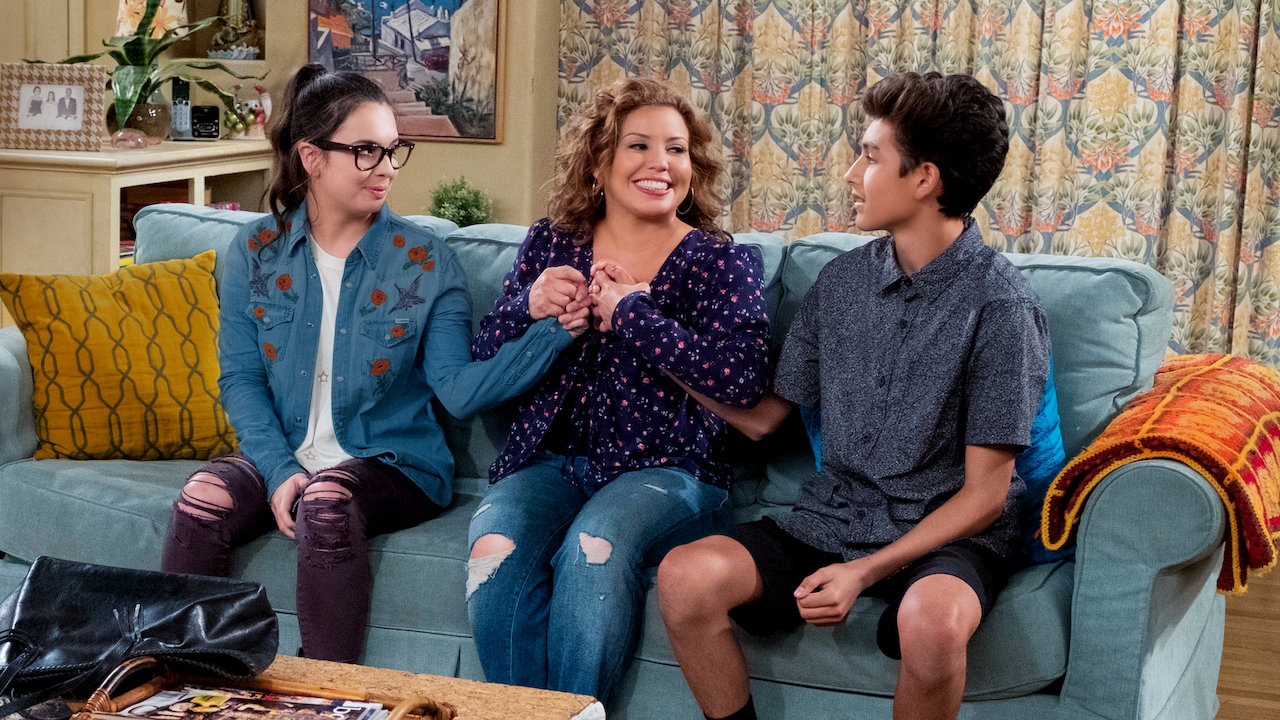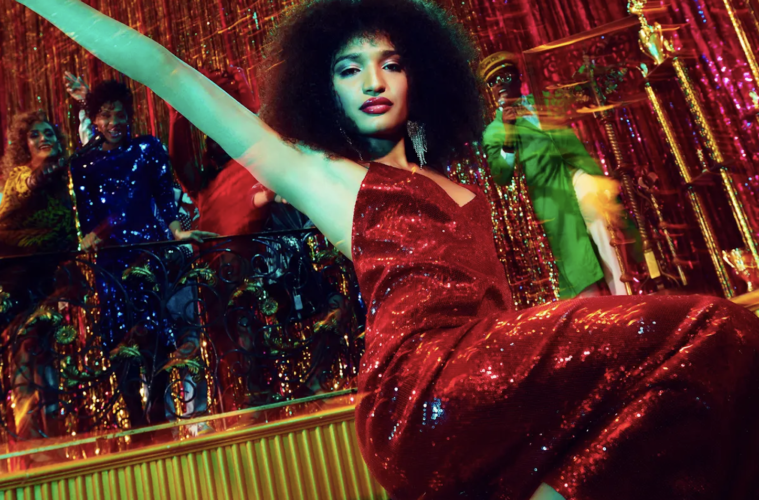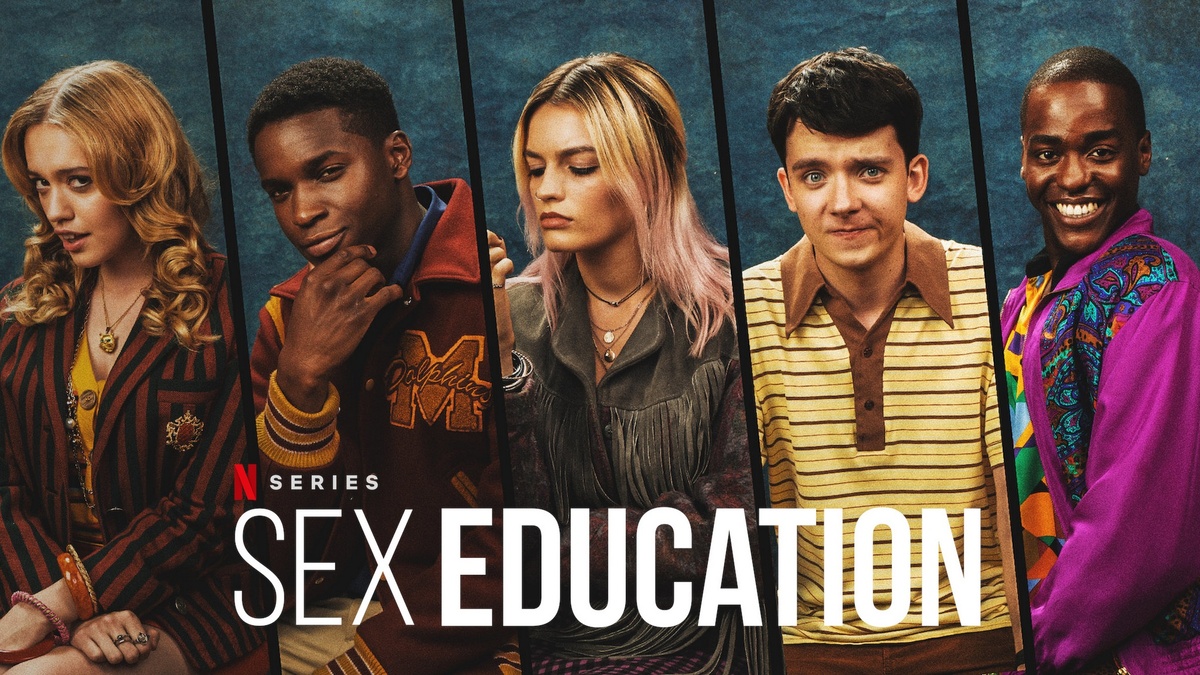Now the Pride Month is coming to an end, it’s a good time to admire and put on our watchlist the following list of LGBTQ+ series with thoughtful and diverse representations that go beyond clichés and superficial depictions of queerness. It is also very topical to keep in mind the importance of considering intersectionality when crafting queer media and to look at how far we have come, but also to celebrate our queerness and enjoy wonderfully crafted LGBT+ storylines.
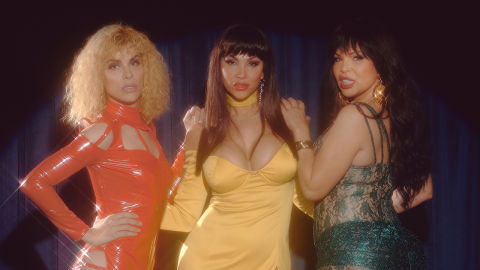
Veneno
Veneno is a biographical limited series by HBOmax about Cristina Ortiz, a famous trans sex worker known as ‘La Veneno’ by her homeland Spain and the world. The miniseries tells two simultaneous stories, the first being the entire life of Cristina, beginning with her past as a gender-nonconforming child in rural Spain. With big hopes, Cristina leaves her hometown and is implicitly forced by the transphobic system to work as a prostitute. We accompany her as she later becomes a successful and celebrated television star.
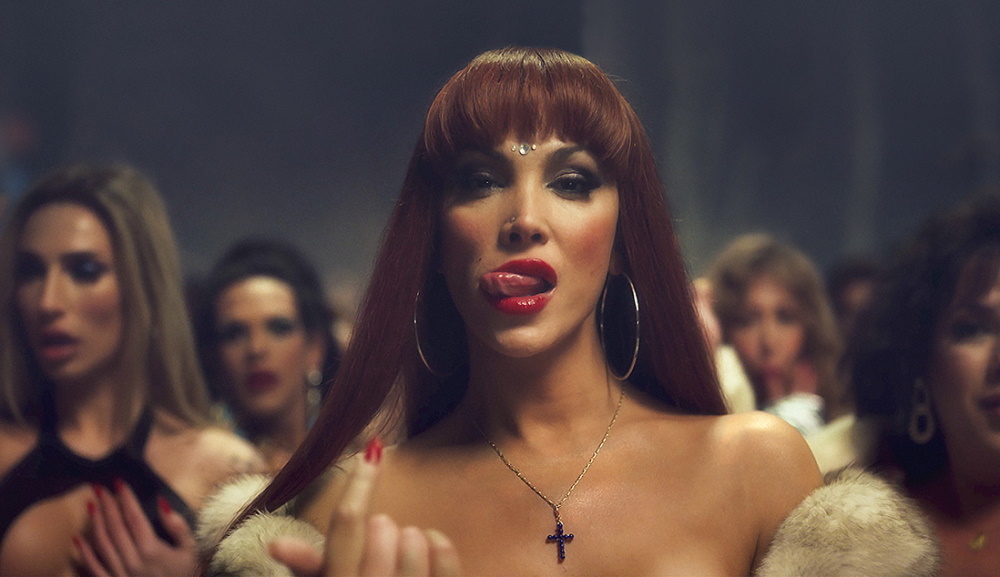 Not only is the series based on her life and biography, ¡Digo! Ni Puta Ni Santa (The Memories of La Veneno) written by Valeria Vegas, but the series shows how Valeria and Cristina met and became intertwined, the process of Valeria’s craft and her struggle with the biography’s creation, and ultimately La Veneno’s demise. It’s a stunning, excellently produced series about self-discovery, fulfilment, loneliness, disillusion, and hope.
Not only is the series based on her life and biography, ¡Digo! Ni Puta Ni Santa (The Memories of La Veneno) written by Valeria Vegas, but the series shows how Valeria and Cristina met and became intertwined, the process of Valeria’s craft and her struggle with the biography’s creation, and ultimately La Veneno’s demise. It’s a stunning, excellently produced series about self-discovery, fulfilment, loneliness, disillusion, and hope.
Pose
Set in 1987, Pose has been praised for its celebration and depiction of queer African-American and Latinx communities in New York and their involvement in ballroom culture. As they face the many struggles caused by the imbricated systems of oppression, the characters fortunately manage to find their chosen family and passion. Pose signified an amazing historical achievement in terms of representation: it featured the largest number of trans actors and actresses in regular roles ever.
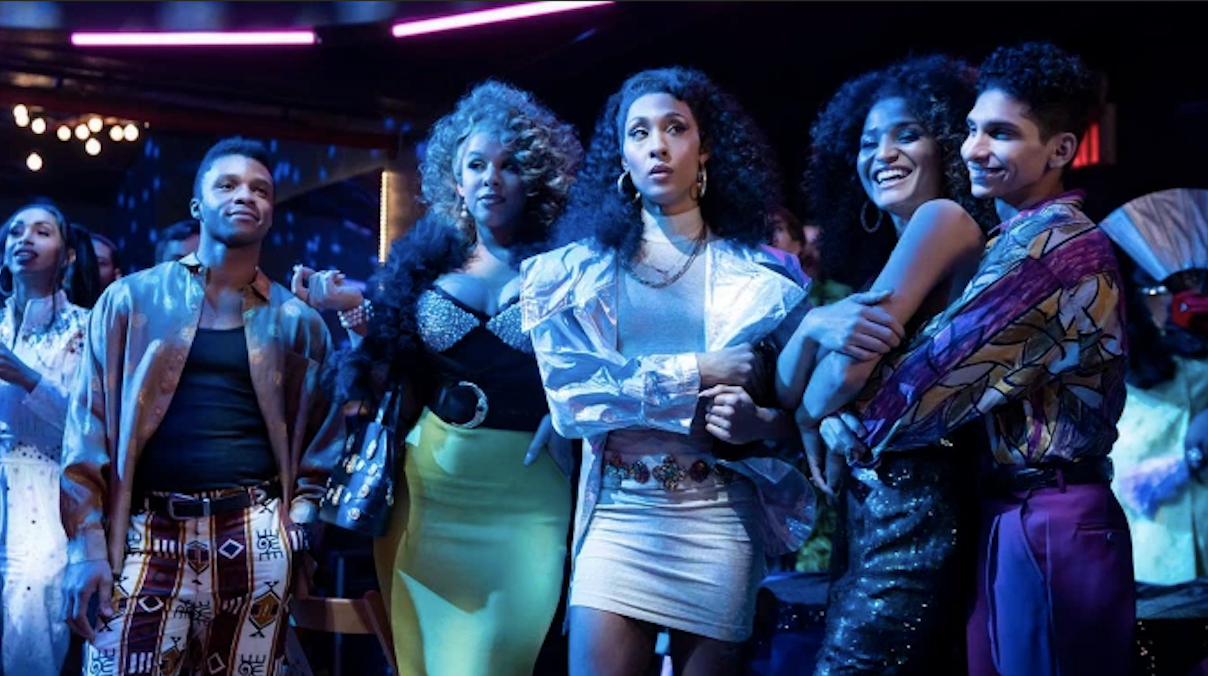
Sense8
Created and directed by two trans women, the Wachoswki sisters, sense8 delivers an exciting and lovable story with two queer– possibly eight– protagonists. One day, eight people from around the world become connected through their minds. They begin seeing and hearing one another in their heads and their connection makes every single one of them grow in many ways.
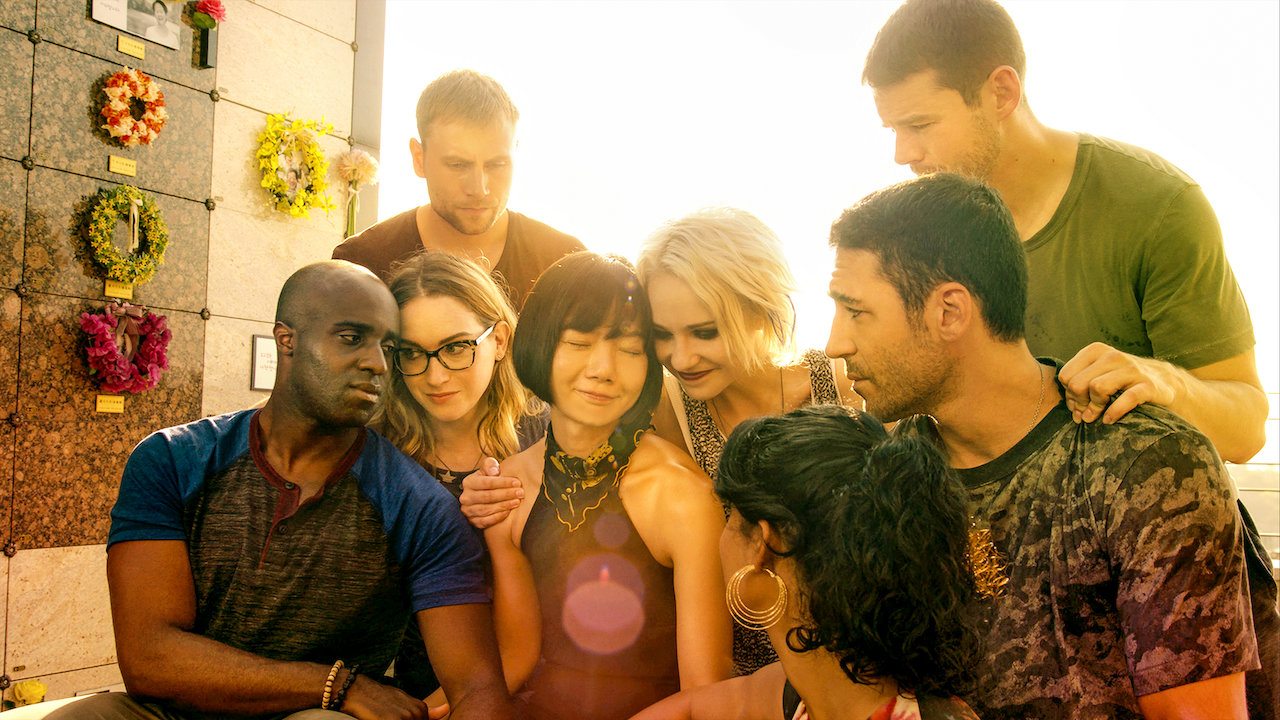
In particular, Nomi’s monologue on pride, community, and self-acceptance captures the relevance of the series in its first episodes.
It’s A Sin
From the creator of the impactful ‘Queer as Folk’, Russell T Davies, It’s A Sin gives life to the many stories of queer men who suffered the AIDS epidemic in England. The limited series follows a group of queer friends across the decade of the 80s, as they move together in London and are confronted with the seriousness and danger posed by the epidemic and the role homophobia had to play in the tragedy. However, the series is a heartfelt celebration of queerness, chosen family, and all those lives that were lost.

We had the chance to talk to two of the series’ protagonists, Lydia West and Omari Douglas, about creating such an important piece.
Haunting of Bly Manor
The second installment of Mike Flanagan’s The Haunting anthology series features a blossoming queer romance at its core. In Bly Manor, we follow Dani, played by Victoria Pedretti, who is hired as an au-pair to look after two orphaned children in the English countryside.
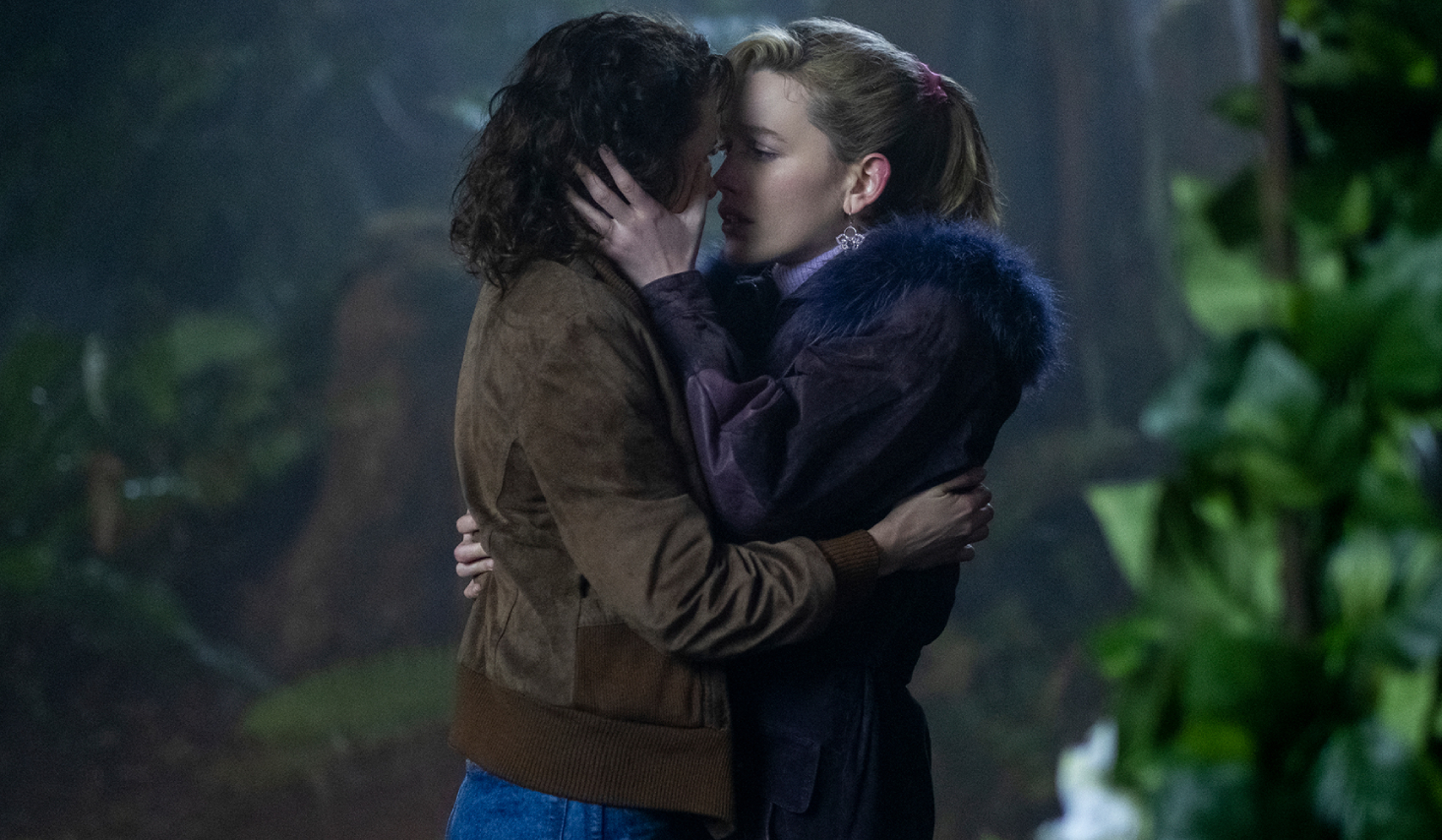
Sex Education
Sex Education introduces us to Otis, the awkward son of a sex therapist, and his unapologetically and enthusiastically queer best friend, Eric. Otis sets out to give a sex education to his diverse set of classmates lost on the matter and eager for his advice. Moreover, we meet a bully who struggles with his sexuality and a new student at the school that moves everyone’s floor, as well an unexpected queer romance between other two girls– to not spoil the story.
The Fosters & Good Trouble
An emotional family drama of an interracial lesbian couple with three adopted children and in the process of accepting two siblings into the family. Besides the queer romance at the centerstage of the series, the youngest sibling of the family also begins to discover his queer sexuality as the series progresses, giving the audience a tender and innocent depiction of young queer love. After the series’ end in 2018, a even better spin-off named Good Trouble premiered, featuring the sisters of the family, Callie and Mariana, as they moved to an LA shared apartment with very diverse roommates, including a lesbian woman and a bisexual man. Besides themes of gender and sexuality, Good Trouble boldly touches the topics of racism, misogyny, transphobia, and progressive politics.
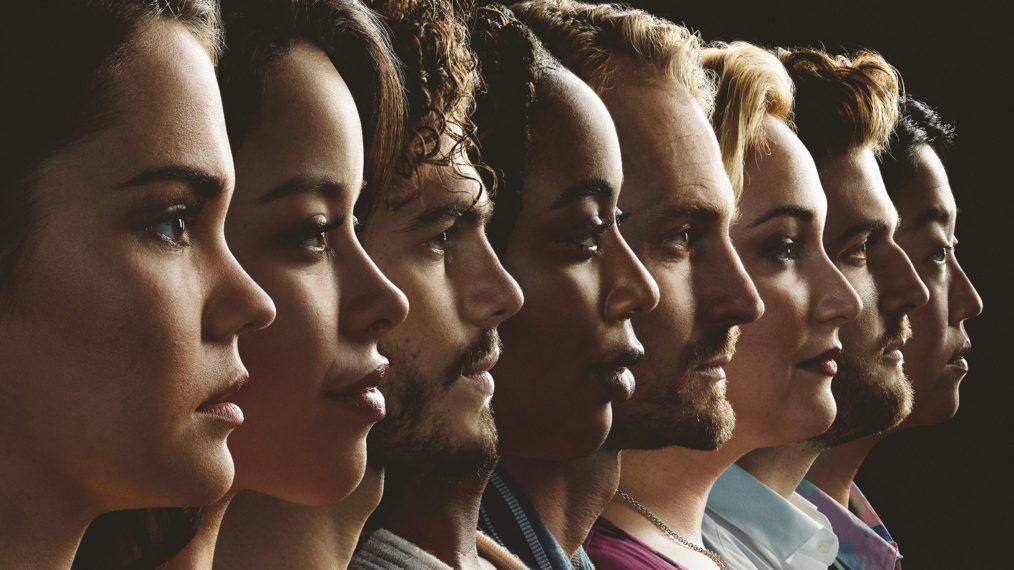
One Day at a Time
A reimagining of the 1975 sitcom of the same name, but this time we are introduced to the Alvarez, a Cuban American family and how its different generations are adapting to life in the United States. The very religious Abuelita, a first-generation immigrant, has a beautiful and heartwarming reaction when she learned her granddaughter Elena was part of the LGBT+ community, which challenged her previous conservative worldview. Ultimately, the story of the Alvarez is a charming representation of modern day Latinx families and the process of telling one’s truth, despite what one might lose on the way.
